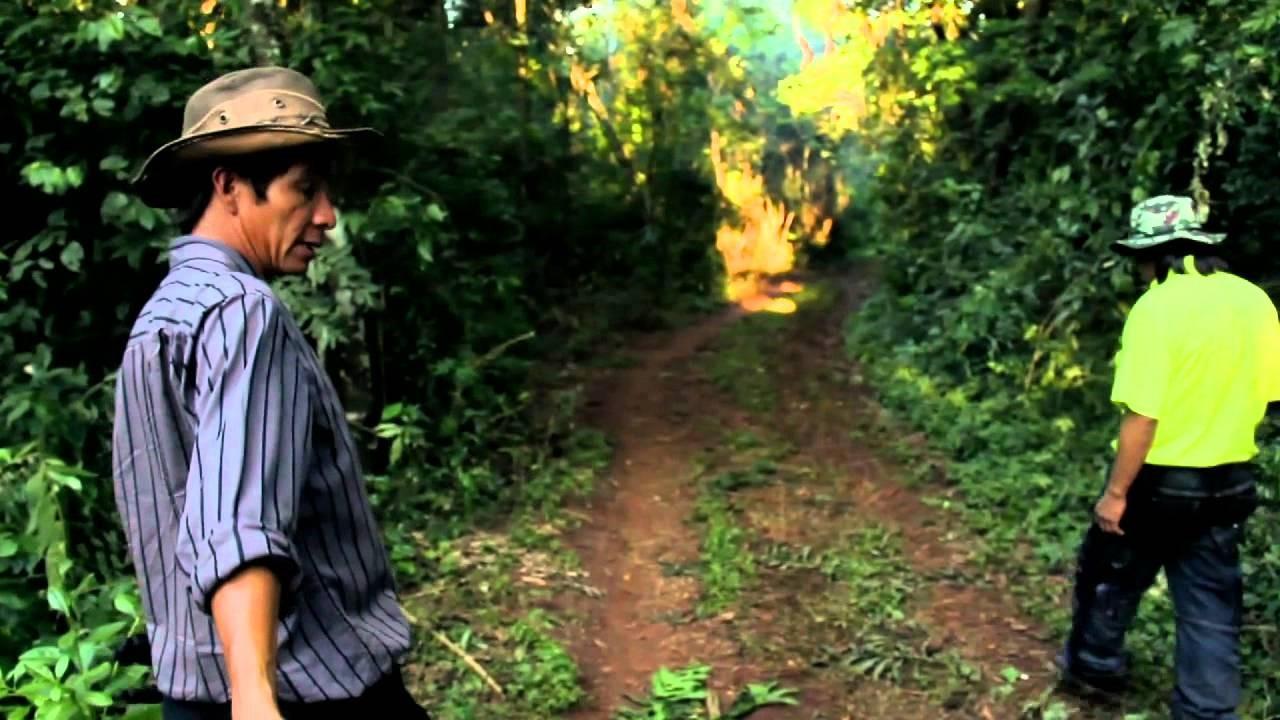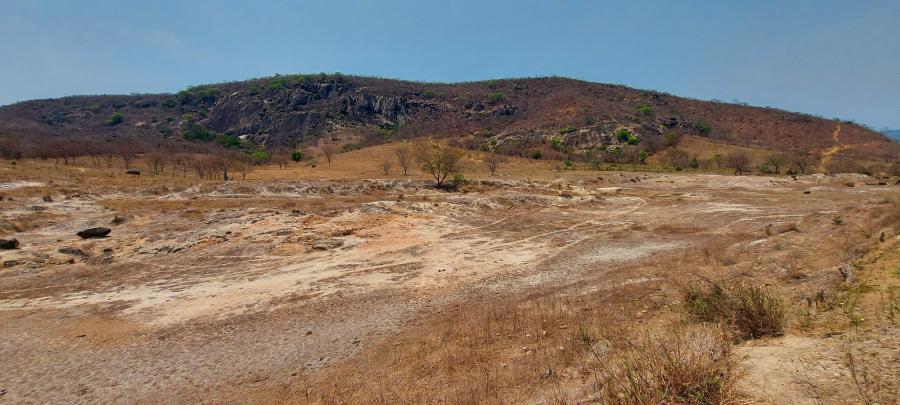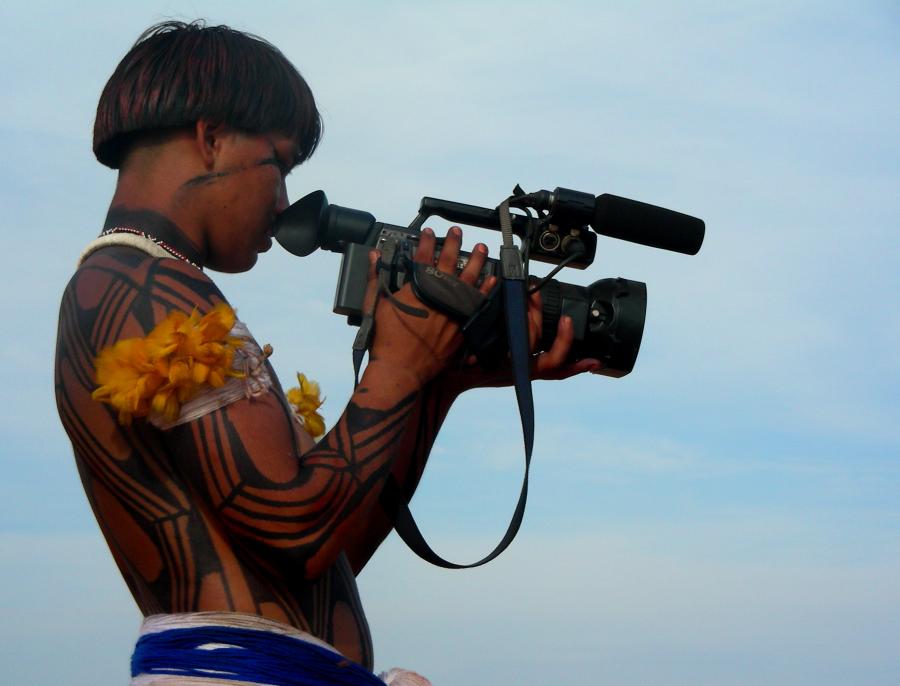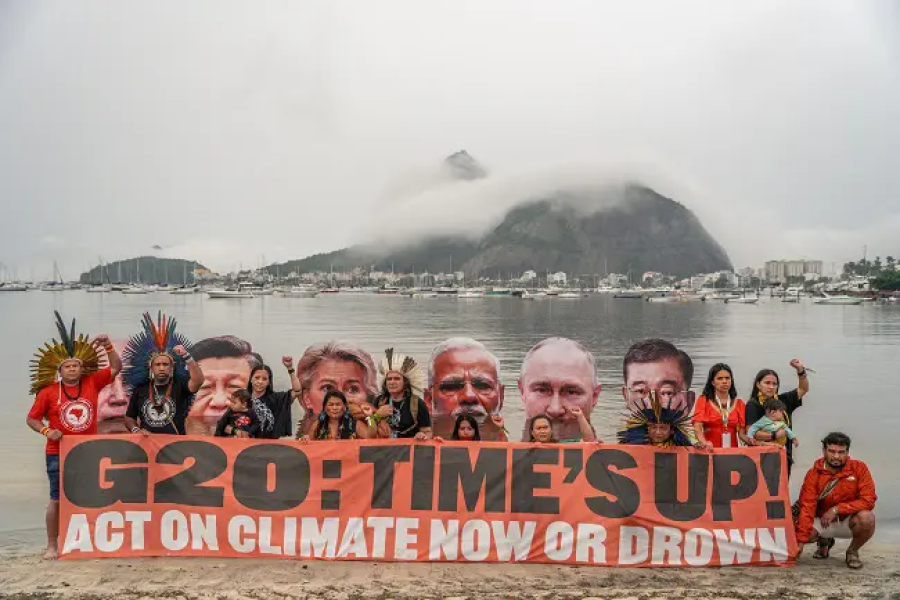
By Giulia McDonnell
The latest in a series of attacks against Indigenous people in a disputed stretch of land in Brazil’s Mato Grosso do Sul State has left a health agent dead and at least 10 others wounded, according to an academic activist group in Brazil. In a press release dated June 16, 2016, the Department of Anthropology at the State University in Campinas, labelled the most recent assault, which took place on June 14, 2016, as the latest “massacre” against the Guarani Kaiowá people in Mato Grosso do Sul. Killed in the June 14 attack, the release stated, was Clodione Rodrigues Souza, an Indigenous health agent. Ten others were injured, including women and children.
The academic group blamed the attacks in the area on “mercenaries or militiamen” contracted by local farmers “whose names are widely known.” Local ranchers and Indigenous people have been engaged in a dispute about a parcel of land in the region of Tekoha Toro Paso, located in the municipality of Caarapó. Indigenous leaders have accused farmers of using violence to dislodge them from their ancestral lands. Faculty activists from the Department of Anthropology at the at the State University in Campinas called on Brazilian authorities to “safeguard the Guarani Kaiowá’s original right to the lands they traditionally occupy.” There was no immediate comment from the Brazilian government.
In the 1960s and 70s, most of the Guarani Kaiowá were forcefully pushed out of their ancestral lands by ranchers and farmers. In recent years, violence has escalated as the Guarani communities, the large majority residing in the state of Mato Grosso do Sul, have taken steps towards reclaiming their lands. These lands were supposed to be returned to the in Indigenous communities by 1993, but this operation has virtually come to a complete stop nearly 23 years later.
According to the same press release issued by the Department of Anthropology at the at the State University in Campinas, the latest surge of violence follows the execution of two Guarani Kaiowá teachers in 2009, Rolindo and Genivaldo Verá, in addition to the 2011 murder of Teodoro Recalde. These disturbances were a result of land conflict with local ranchers over the tekoha Y'Poi strip of land in the municipality of Paranhos. The Department of Anthropology has also brought attention to the 2011 murder of Guarani chief Nísio Gomes, and the 2015 killing of Simeão Vilhalva, both which took place in the same state of Mato Grosso do Sul. The UN Special Rapporteur on the Rights of Indigenous Peoples, Victoria Tauli-Corpuz, urged the federal and state governments to take action against those who have perpetuated these killings, and to take crucial steps in preventing future violence.
The most recent 2008 Brazil census states that there are 51,000 Guarani living in Brazil. The Guarani are comprised of three main groups, 31,000 Kaiowá, 13,000 Ñandeva, and 7,000 Mbya. Historically, the Guarani people have sustained a lifestyle that revolves principally around hunting, fishing, and agriculture. However, the seizure of their ancestral lands and the rapid deforestation rate in the state of Mato Grosso do Sul has greatly impacted the Guarani population, causing housing and food shortages, increased poverty, and a scarcity of wage-earning prospects. As a result of all these factors, the Brazilian NGO, Missionary Council for Indigenous Peoples (CIMI) has reported that the suicide rate for the Guarani population is 34 times Brazil’s national average.
The Guarani once lived on more than 350,000 kilometers of land in the state of Mato Grosso do Sul, but many are now subjected to living on very small parcels of land in between cattle ranches, sugar cane, and soy fields; some are even forced to live next to dangerous highways and roads. Additionally, more than 53 Guarani children have died since 2005 due to malnutrition and starvation. In 1983, Guarani leader Marçal was at the forefront of the Guarani fight to reclaim ancestral lands. Before his murder on November 25th of 1983, carried out by a gunman who was payed by a local rancher, Marçal stated “we Indians live here and suffer injustice, poverty, persecution and hunger because the land we occupy doesn’t allow us to survive.” Now, almost 33 years later, the Guarani still face excessive violence and deteriorating living conditions as the fight to regain their ancestral lands continues.
Photo courtesy of Luta Guarani.



